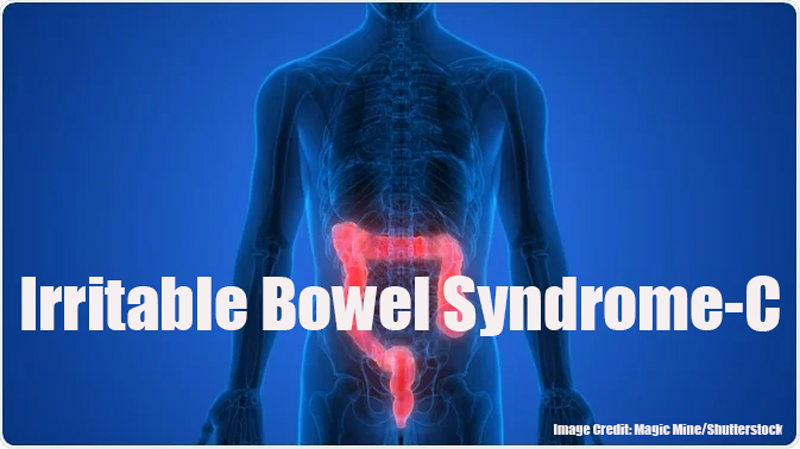Stomach Ache After Drinking Milk
Sept. 28, 2023 #Digestive Disorders
Introduction
Milk is often celebrated for its nutritional value and is a staple in many diets. However, for some individuals, a seemingly innocent glass of milk can lead to a bothersome and painful stomach ache. This discomfort is commonly associated with lactose intolerance. This is a condition where the body has difficulty digesting lactose, a sugar found in milk and dairy products.
In this comprehensive article, we will explore the reasons behind stomach aches after consuming milk, the connection to lactose intolerance, the chemical reactions responsible for these symptoms, and suggest remedies and treatments to alleviate the discomfort.
Stomach Ache After Drinking Milk: What Causes It?
a stomach ache after consuming milk is typically linked to lactose intolerance, which can be due to several factors:
Lactose Intolerance: The most common cause is lactose intolerance, a condition where the body lacks an enzyme called lactase, responsible for breaking down lactose into more digestible forms. Without sufficient lactase, undigested lactose can lead to stomach discomfort.
Milk Allergy: In some cases, stomach aches might result from a milk allergy. Unlike lactose intolerance, milk allergy involves the immune system reacting to milk proteins, leading to various allergic symptoms, including stomach pain.
Dairy Sensitivity: Some individuals may experience sensitivity to dairy, even if they are not lactose intolerant or allergic. This sensitivity can manifest as stomach discomfort after consuming dairy products.
Lactose Intolerance and Stomach Aches
Lactose intolerance is a prevalent cause of stomach aches after milk consumption. Here's how it works:
Lack of Lactase Enzyme: In individuals with lactose intolerance, the body does not produce enough lactase, an enzyme located in the small intestine. Lactase is essential for breaking down lactose into glucose and galactose, which can be easily absorbed by the body.
Undigested Lactose: When lactase is deficient, undigested lactose travels to the large intestine, where it interacts with gut bacteria.
Fermentation: Gut bacteria ferment the undigested lactose, producing gas and various compounds, including short-chain fatty acids.
Symptoms: The gas production and the presence of these compounds can lead to stomach bloating, cramps, diarrhea, and discomfort, resulting in the characteristic stomach ache.
Chemical Reactions in Lactose Intolerance
The breakdown of lactose in the body involves a chemical reaction catalyzed by the enzyme lactase. Lactase is produced in the small intestine and is responsible for the hydrolysis of lactose into its constituent sugars, glucose and galactose. This reaction occurs due to the enzymatic action of lactase, which acts as a biological catalyst. It cleaves the glycosidic bond that links glucose and galactose in lactose, breaking it down into its individual sugar components. This process is crucial for the absorption of these sugars into the bloodstream.
Once lactase catalyzes the breakdown of lactose, the resulting glucose and galactose can be readily absorbed through the small intestine's lining into the bloodstream. These simple sugars are then transported to various cells in the body, where they are used for energy or stored for future use. In individuals with lactose intolerance, the deficiency or reduced activity of lactase results in undigested lactose reaching the large intestine, where it ferments, leading to symptoms such as gas, bloating, and diarrhea. Understanding this chemical reaction is essential in comprehending the basis of lactose intolerance and its associated digestive symptoms. The chemical reactions in lactose intolerance can be summarized as follows:
Remedies and Treatment for Stomach Ache After Drinking Milk
Managing a stomach ache after consuming milk involves addressing the underlying cause, which is often lactose intolerance. Here are remedies and treatments to consider:
Lactase Supplements: Over-the-counter lactase supplements can help individuals with lactose intolerance digest lactose more effectively. Taking these supplements before consuming dairy products can reduce symptoms.
Lactose-Free Dairy Alternatives: Consider dairy alternatives like lactose-free milk, almond milk, soy milk, or lactose-free yogurt, which provide the taste and nutrition of dairy without the discomfort.
Gradual Adaptation: Some individuals with mild lactose intolerance may tolerate small amounts of dairy over time. Gradually increasing dairy intake can sometimes help the body adjust.
Probiotics: Certain probiotic supplements may aid in reducing lactose intolerance symptoms by promoting a healthy gut microbiome.
Dietary Modifications: Avoid or limit high-lactose dairy products, such as milk, ice cream and soft cheeses. Choose either low-lactose or lactose-free alternatives.
Maintain Hydration: Diarrhea caused by lactose intolerance can lead to dehydration. Ensure you stay well-hydrated by drinking water.
Conclusion
Stomach aches after drinking milk are often associated with lactose intolerance, where the body struggles to digest lactose due to a deficiency of the lactase enzyme. Understanding the causes and chemical reactions behind this discomfort is crucial for effective management. Fortunately, remedies and treatments, such as lactase supplements and dairy alternatives, are readily available to help individuals with lactose intolerance enjoy dairy without the pain. If you suspect lactose intolerance or experience persistent symptoms, seek guidance from a healthcare provider to ensure accurate diagnosis and appropriate management.









COMMENTS